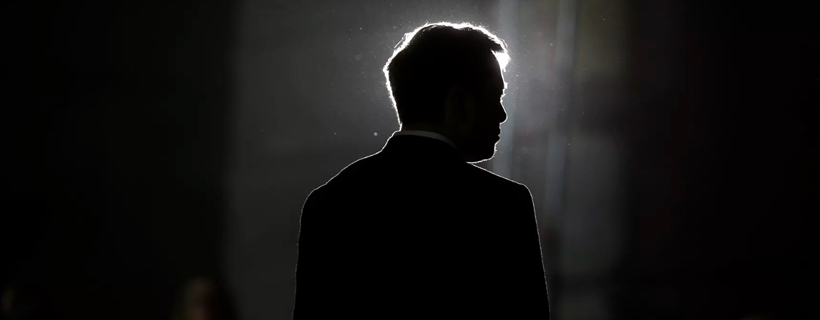Over the past five months, I’ve been unsure about how to interpret Musk’s efforts to dodge a closing of the Twitter deal. Does he really want out or just a better price? In the end, it looks like he will get neither — an outcome that was unthinkable two weeks ago. Beyond the shock of this news, three key questions remain:
- Will the deal close?
- How much energy will Musk invest into Twitter?
- What does it mean for Tesla and SpaceX?
Will the deal close?
My take is that there’s a 90% chance the deal gets done. Musk sees the writing on the wall that the agreement to purchase Twitter will stand. His incentive to move forward with the deal is supported by the fact that Twitter’s business has deteriorated over the last six months. Revenue growth has slowed from 16% in March to 1% in June, partly due to the macro ad market. DAU growth during the summer has been strong, up 17% in June to 240m. More importantly, the company has been in a holding pattern with employees leaving and innovation stalling. If Musk decides to fight a legal battle for an additional six months, he’ll spend even more money and ultimately cause damage to the asset he’s acquiring.
There’s a 10% chance that Musk is trying a clever end-around to exit the deal. His first principles approach to all problems means that door is still open, at least fractionally. The most likely road leading to this outcome would be Musk failing to round up financing. You can’t buy something if you don’t have the money. In that case, he’d likely pay a multi-billion dollar walk-away penalty.
How much energy will Musk invest into Twitter?
It’s clear that free speech is important to Musk. It’s so important that if the Twitter deal falls through, he’s likely to start his own social platform which he codenamed “X.” If the deals goes through, I believe that the time Musk invests into Twitter will significantly under-index his passion on the topic of free speech. His strength is solving technical problems with no discernible solution sets including those at Tesla, SpaceX, The Boring Company and Neuralink.
The skills needed to build a free speech platform fall outside of Musk’s wheelhouse and, ultimately, free speech is a puzzle I don’t believe can be solved. If Musk removes filters, constraints and regulations, Twitter will degrade into a shouting match. Evidently, one party gets fatigued and relocate to a new platform that will validate their opinions. This psychological need for social validation is perhaps one of reasons why Musk wanted out of the deal.
What does it mean for Tesla and SpaceX?
The simple answer: Musk purchasing Twitter means very little to the future of Tesla and SpaceX. He will continue to give the bulk of his energy and time to both companies. Musk’s role at Twitter will be month-to-month. He’ll bring on a management team that will run with his ideas and the platform will grow as a result of his involvement. The vision for Twitter that Musk laid out in May is better than the company’s current path forward. Within five years, the company will return as a public company at which time Musk will sell a part of his holdings.
And, during the next five years, Tesla and SpaceX will continue to grow, generating enough incremental wealth for Musk that any loss on the Twitter investment will be a rounding error in the grand scheme of his wealth.
